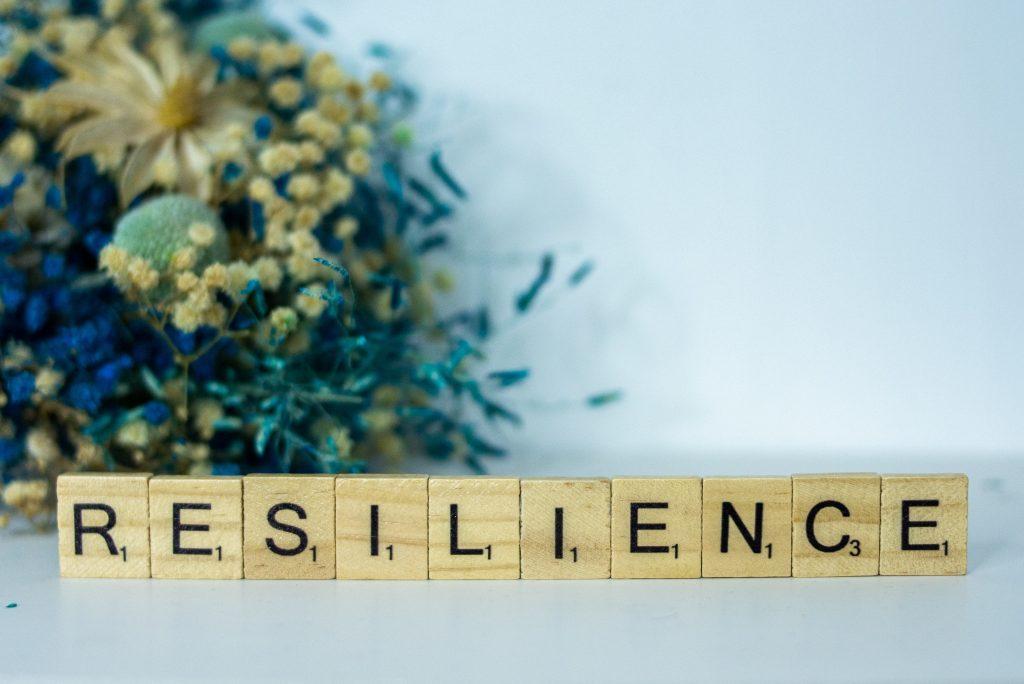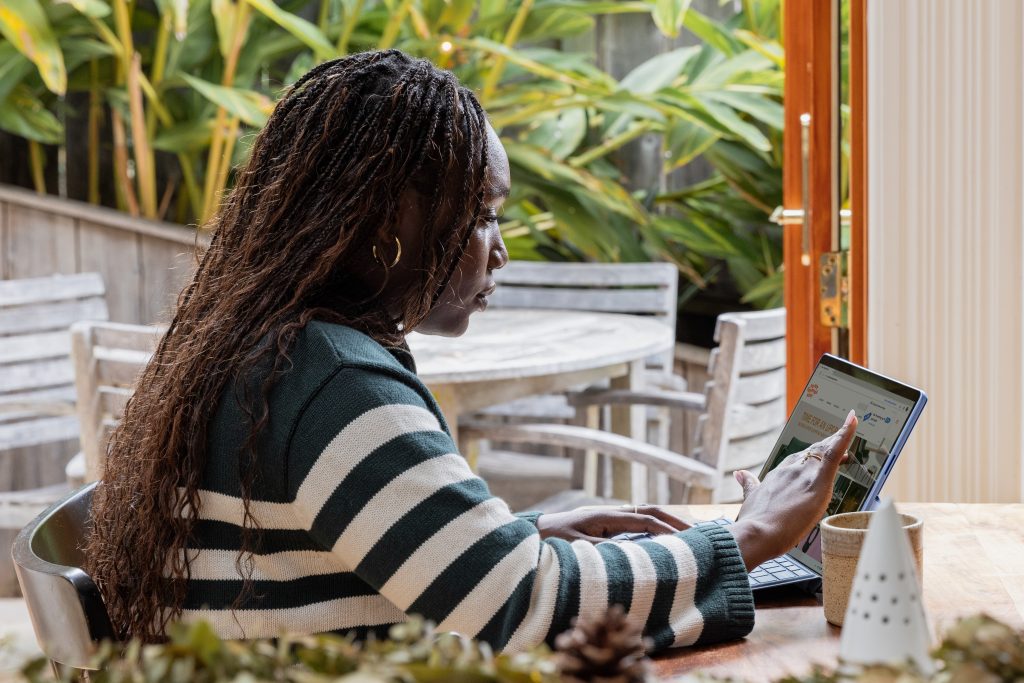We are kicking off the weekend on this lovely Friday to give you something to think about over the weekend.
Do you take care of yourself? Do you practice self-care?
We spend a lot of time helping others, running our business and getting our jobs done like superheroes, tending to our families and making sure everyone around us is happy. But do you take those same determining factors you set aside for others to also practice them with yourself?
A well-oiled machine or in our case, a well-balanced life, means you need to create that balance and pay more attention to (probably) the one thing you neglect the most – yourself.
Fabletics shares with us ‘The 5 Essential Steps to Self-Care‘.
So what exactly does self-care mean? Amidst the demands of daily life, it’s not always easy to determine if we are taking care of ourselves, or to even know where to start. There are five key steps to getting yourself on the path to radiance through self-care.
1. Awareness
In order to take care of yourself, you must first know what you need. Heightening your self-awareness—physically, emotionally and spiritually—is key. In order to do this, you must slow way down. It’s easy in this hyper-connected, overstimulating world to lose our connection with our own voice. Start each day by sitting in stillness for a few minutes—7 is best but 3 will do. Begin by bringing your focus to your breath as you inhale and exhale three times. Make the breaths slow and deep. And then simply let the breath fall into a natural pattern. As you sit in silence, allow whatever comes up to pass through. Don’t judge, don’t evaluate, don’t look for meaning or try to solve anything. Just notice and observe. What you are doing is cultivating the space for your inner world to express itself freely. These thoughts, feelings and sensations are clues to what you need in order to feel whole and complete. Savor this time as your opportunity to connect with yourself. To remember who you are beneath all the masks you wear. This is your center that you can come back to anytime.
2. Discernment
The other day, I ate a peanut butter cup. I had been on a very strict elimination diet for several weeks to determine potential food sensitivities. I hadn’t been able to eat many of my favorite foods and staying on the regimen had been a test of my willpower and my commitment to wellbeing. As I wound my way through the aisles of the market, filling my cart with diet-approved groceries, I decided it was time for a treat. I had been impeccable in my pursuit of health through diet and I deserved a reward! After nearly placing an entire chocolate cake in my cart, I stepped back, took a deep breath and opted instead for a single peanut butter cup. Had I taken the entire chocolate cake home, I would have eaten it over the course of a few days and my simple treat would have quickly become a downward spiral of guilt and regret.
There’s a difference between self-indulgence and self-care, and being able to distinguish is crucial. Both can be soothing in the moment, but acts of self-care take our long-term wellbeing into consideration. There is nothing wrong with a little self-indulgence from time-to-time, but as with anything else, it must be recognized for what it is. Self-care is designed to be nurturing and restorative; to fill us up in a way that supports the way we show up in the world.
3. Prioritization
You know the metaphor: when the plane is going down, put on your own oxygen mask before you help others. Your own needs rank high on the hierarchy of needs. Don’t pretend otherwise! My kids are very aware of what happens when I skip yoga. For them, a post-yoga mom is on their list of needs. On the long list of things and people you need to take care of, make sure you prioritize effectively. Chances are, when you really consider what and who come first, there are adjustments you could make that would serve your own wellbeing and peace of mind.
When I feel overwhelmed and overcommitted, I often ask myself, “What would happen if I didn’t handle this right now?” In almost all cases, just asking the question relieves stress and offers an opening to think creatively about allocating my resources. We tend to assign urgency to responsibilities that doesn’t necessarily exist. In other words, setting priorities and articulating what we need is an act of self-care.
4. Choice
There is something that happens when we take on a new practice. Once we identify a problem we want to solve, and envision the possibility of a new paradigm, we can make a plan. Inevitably, there is a point where the vision must become a reality and that happens with the practice. The rubber hits the roads when we take action. Experts say it takes three weeks to form a new habit. The practice of self-care can be an ongoing challenge that requires consistent vigilance to maintain. Essential to success is making the right choice over and over. The macro-view is important in holding the larger vision of vibrant health and wellbeing, but the micro is equally important as it’s where we have the opportunity to build successes moment-by-moment. Choice gives us the power to restore and maintain our practice of self-care in the long term.
5. Compassion
No guide to self-care would be complete without a discussion of compassion. We tend to be hard on ourselves, feeling that we can always do better, or more, or that we aren’t enough. If I could somehow impart to you one thing through these words, it would be a deep inner knowing that you are perfect, exactly as you are. You are doing a great job at the very challenging task of navigating a human life on Planet Earth. You are beautiful, deserving of respect and worthy of love. The foundation of self-care is self-love that is based on compassion. It’s enough to forgive ourselves for our imperfections, but it’s even more powerful to find the beauty in them. The great American singer/songwriter/poet, Leonard Cohen said it best: “There’s a crack in everything, that’s how the light gets in.”
Share your self-care tips with us now in the comments! We’d love to hear from you.






